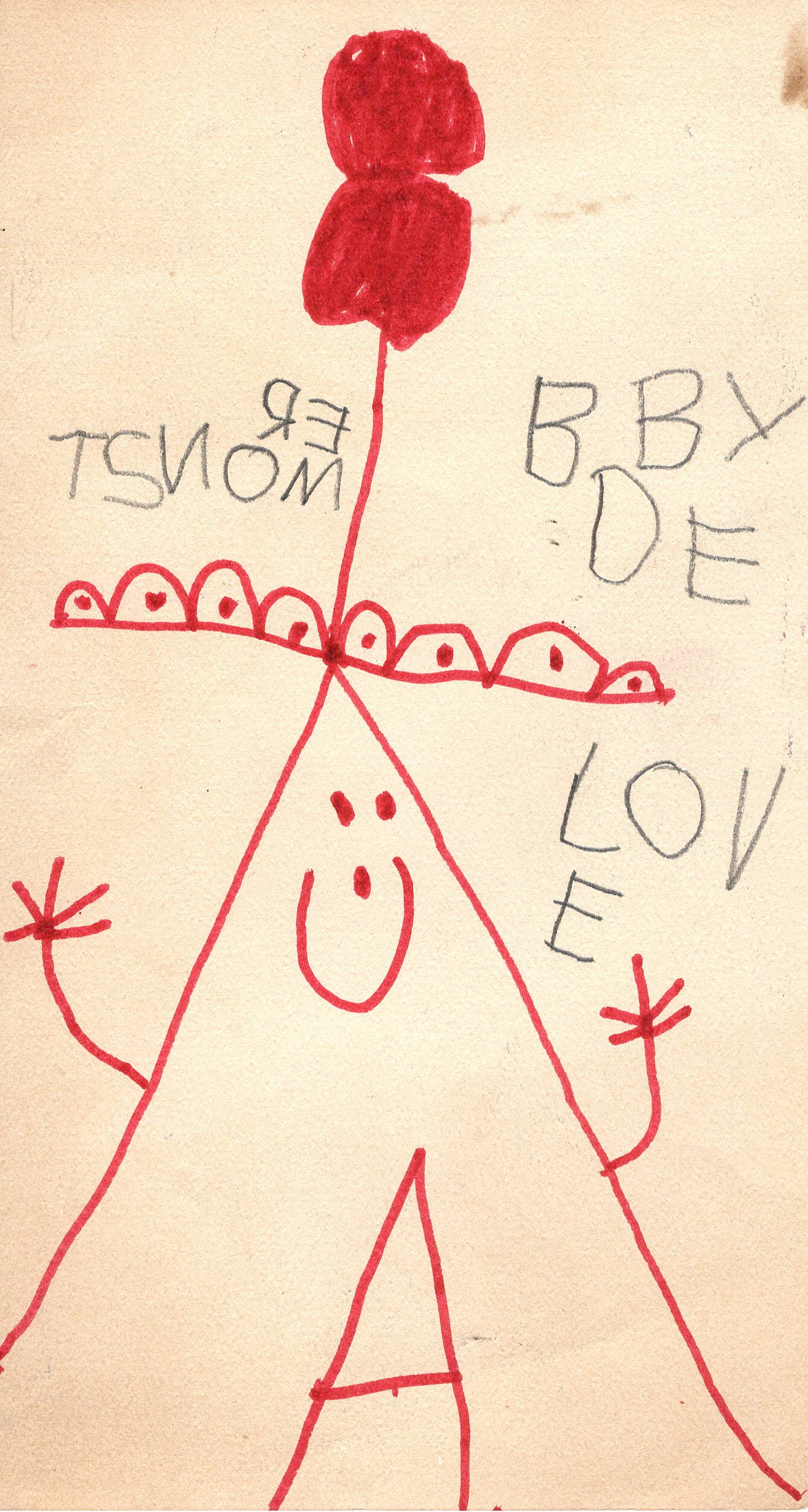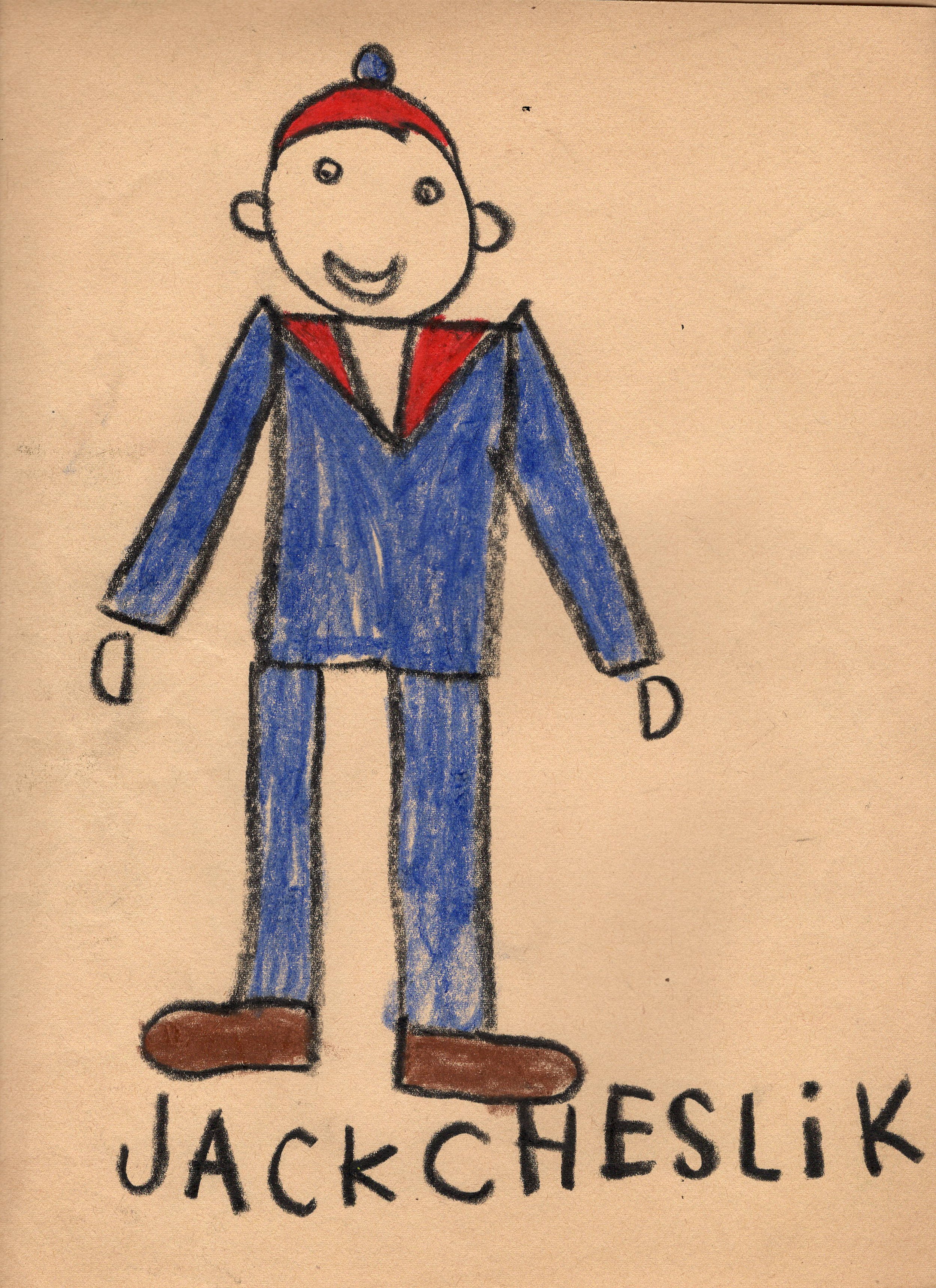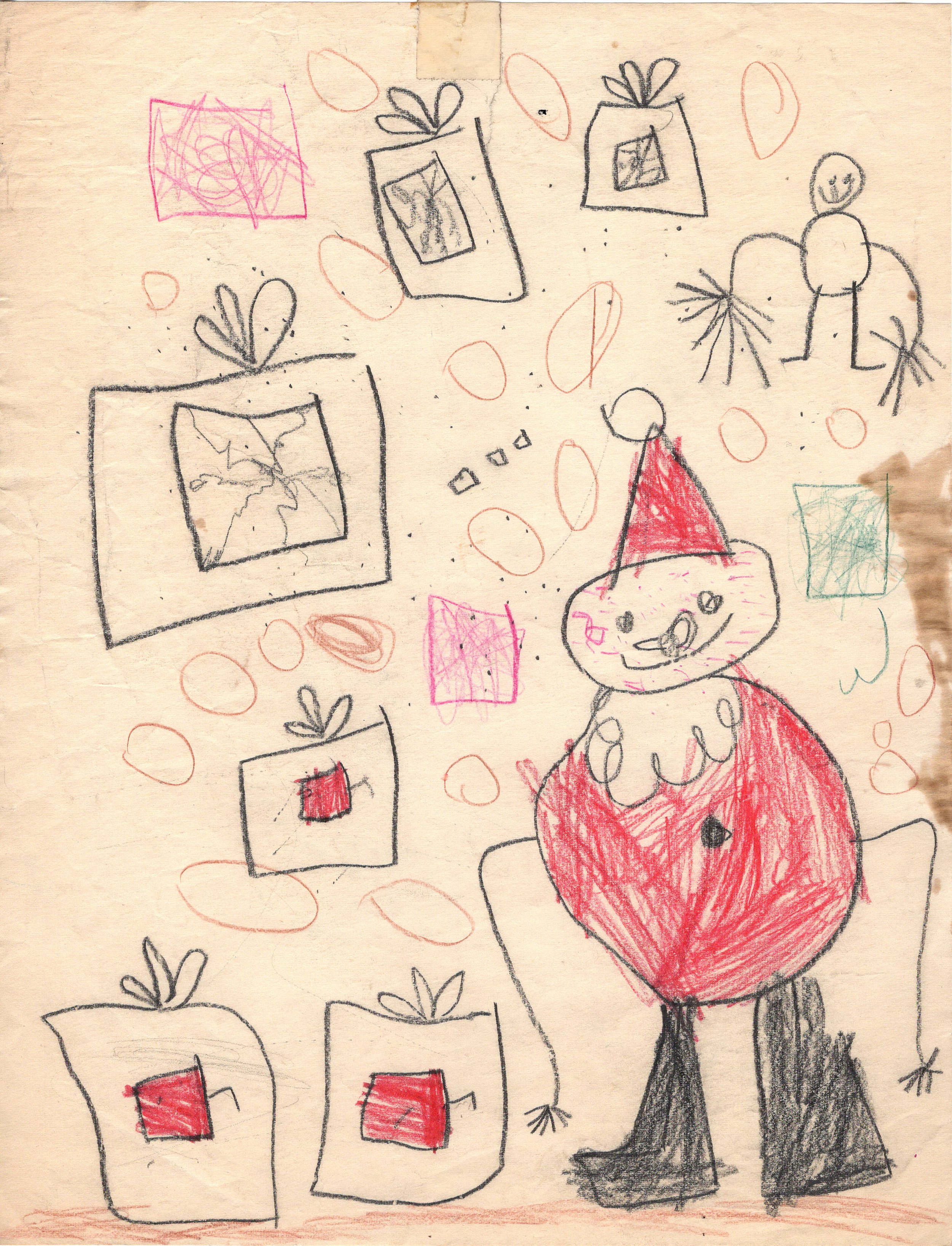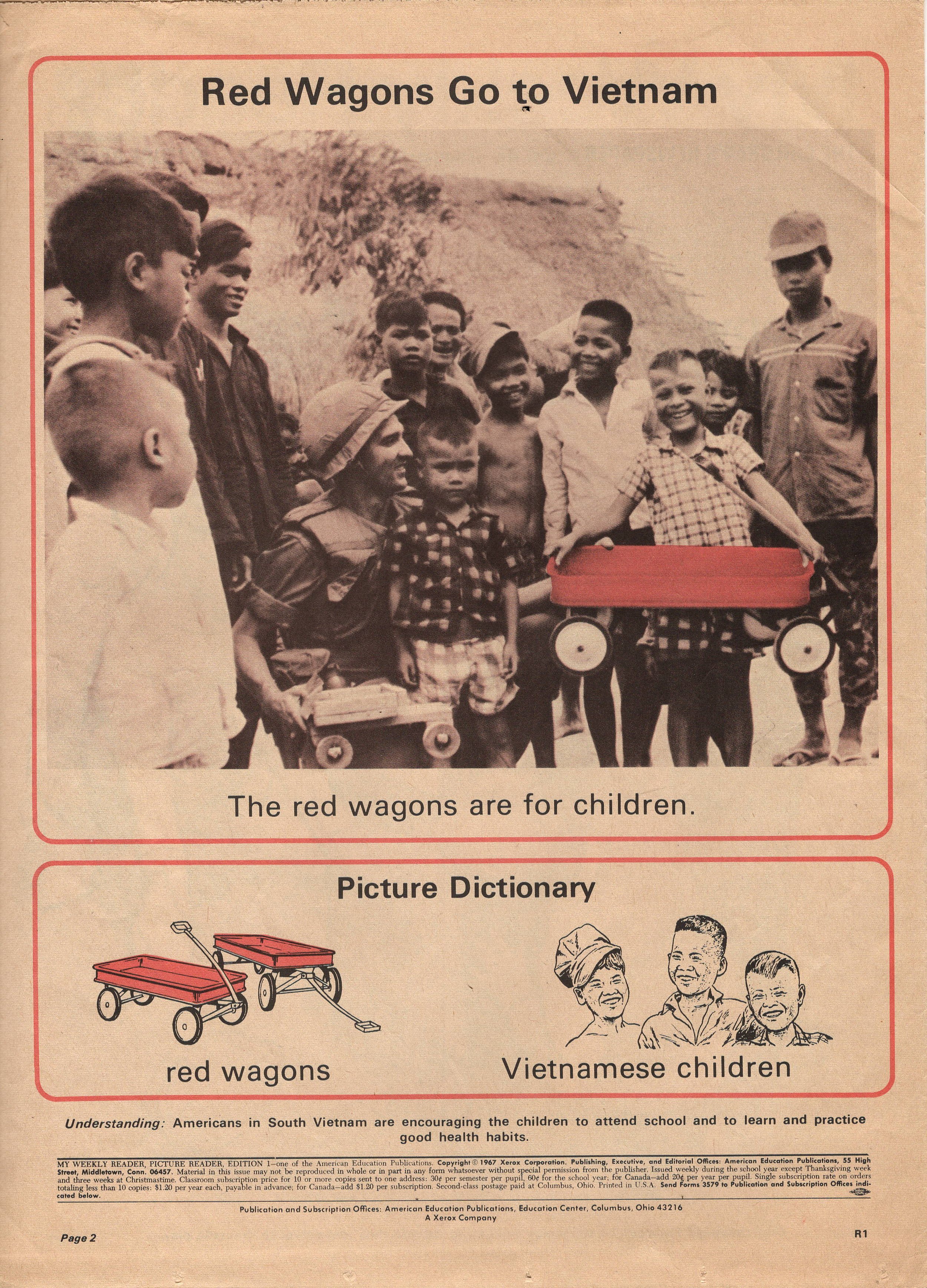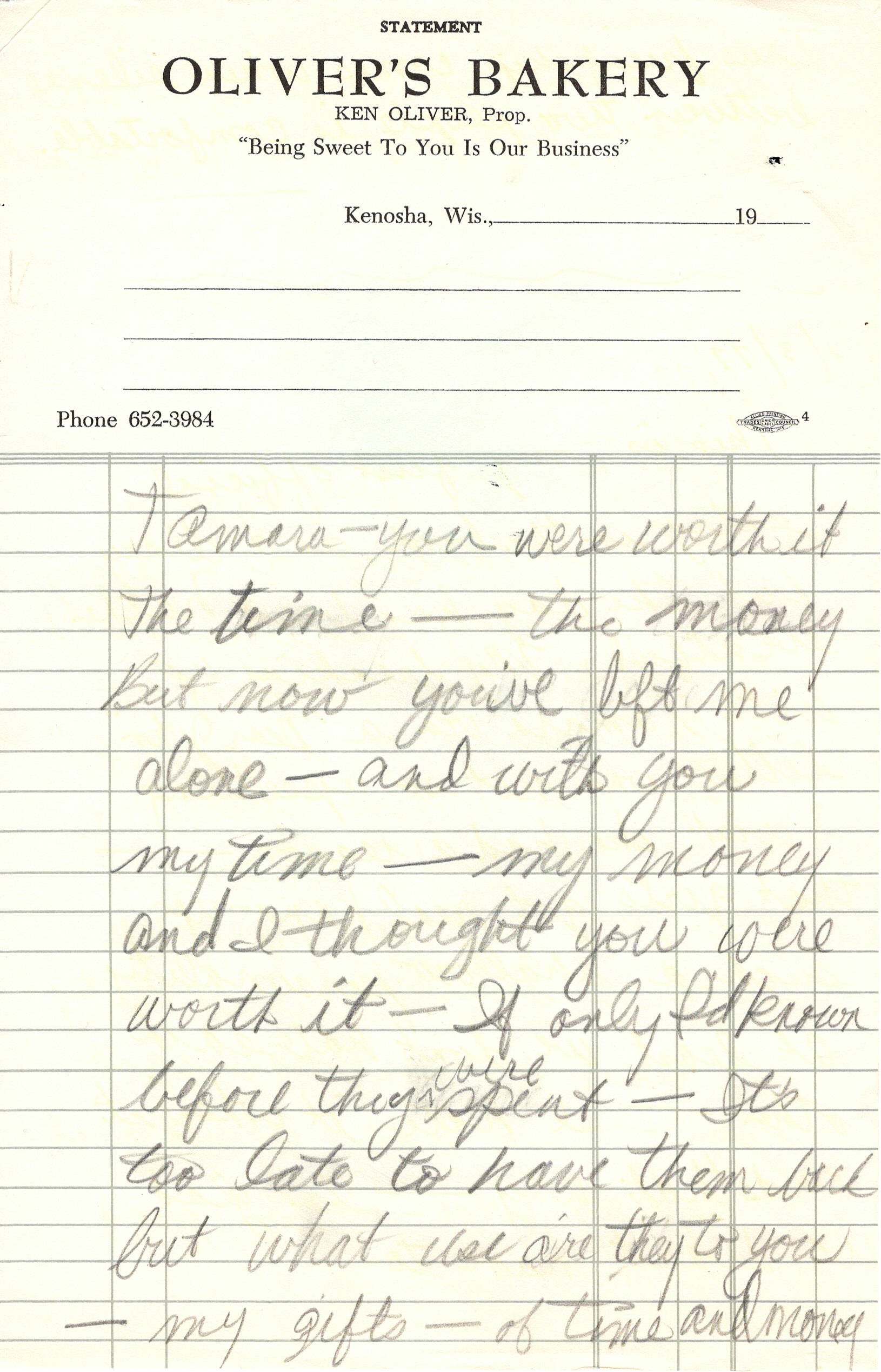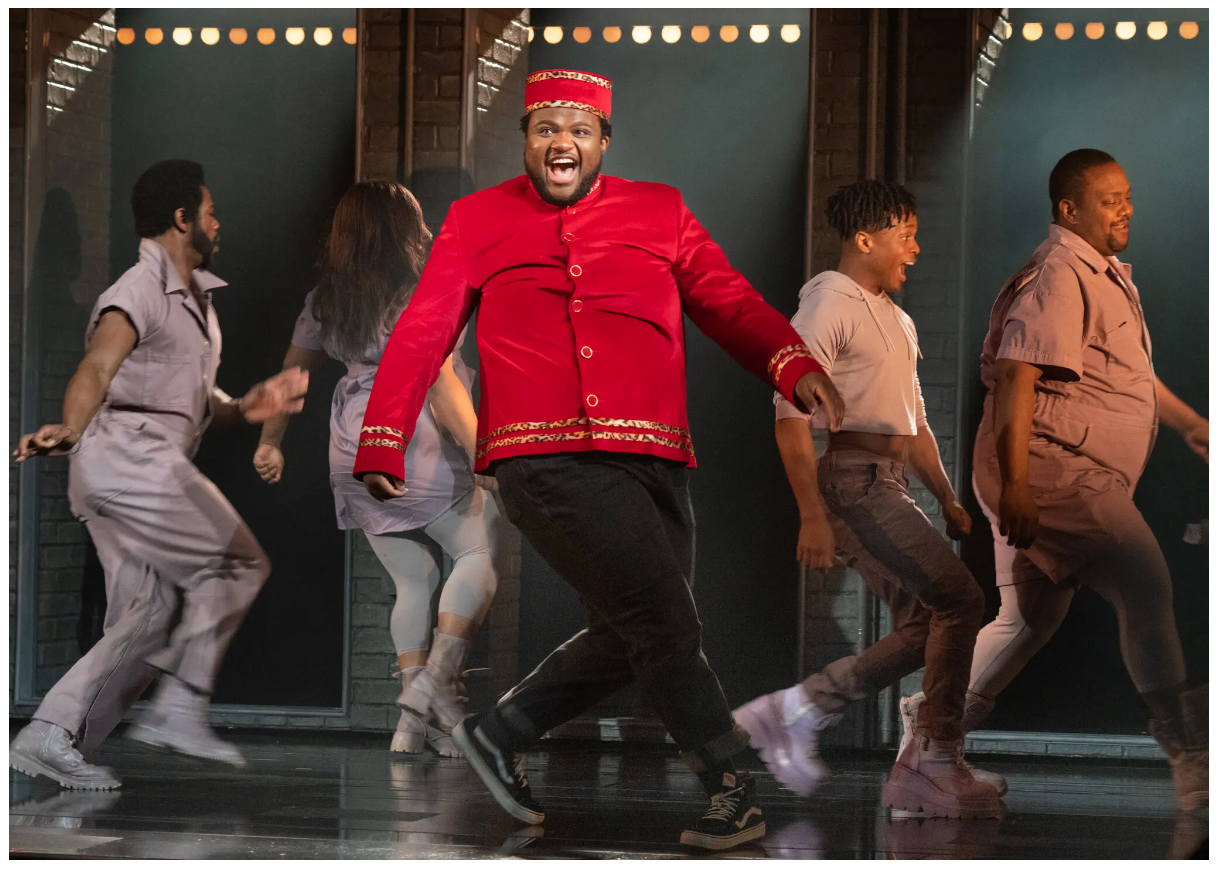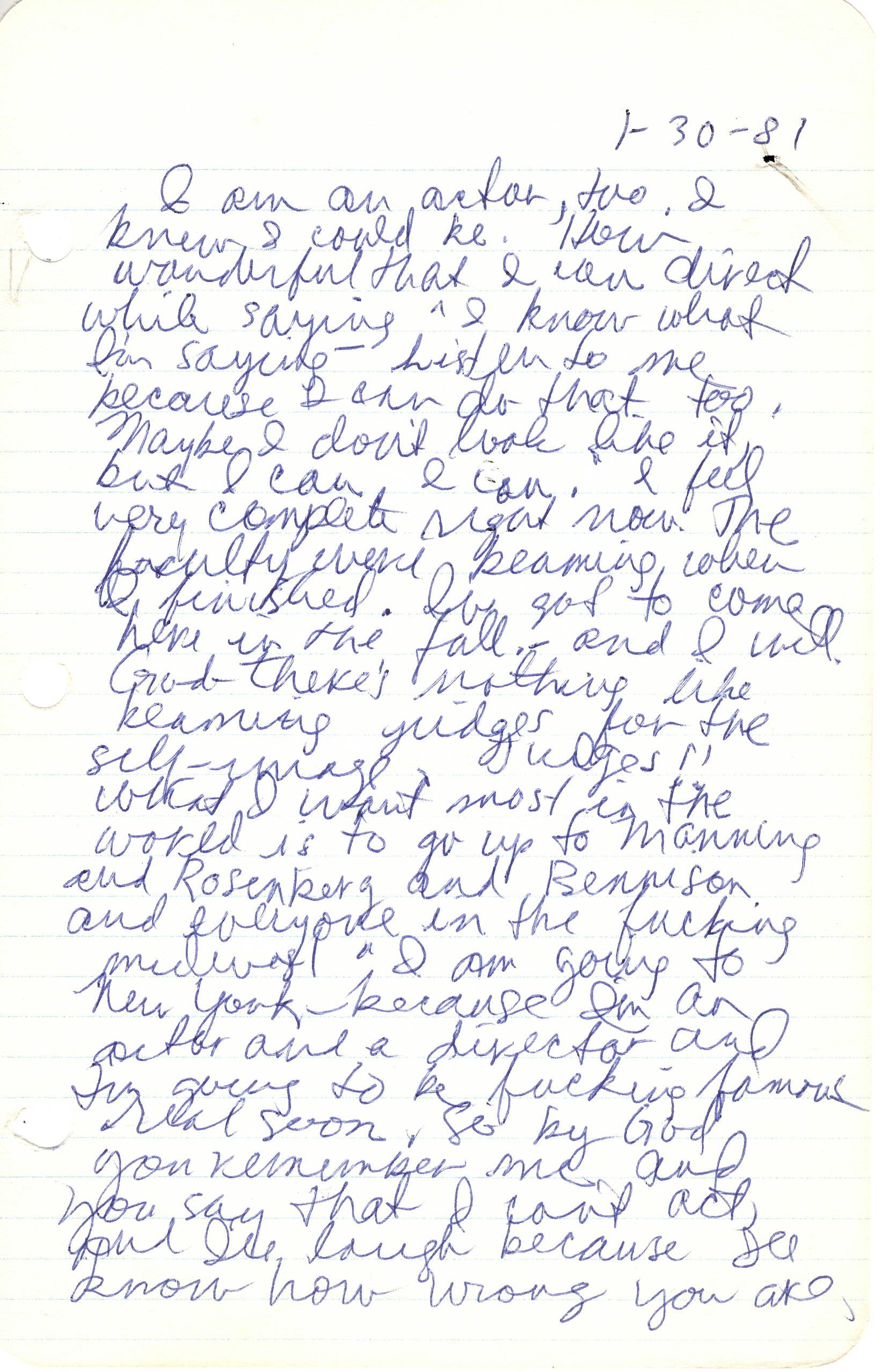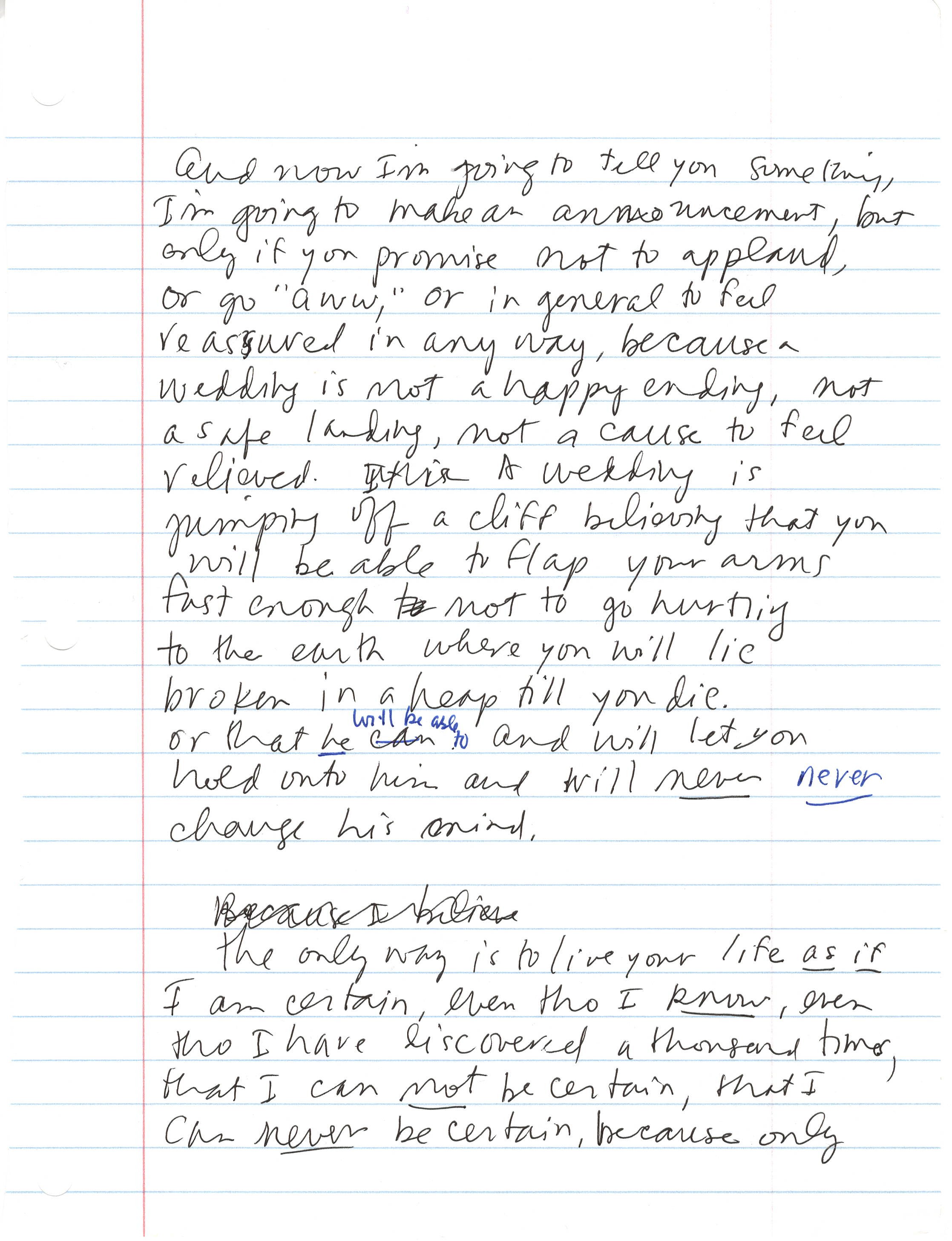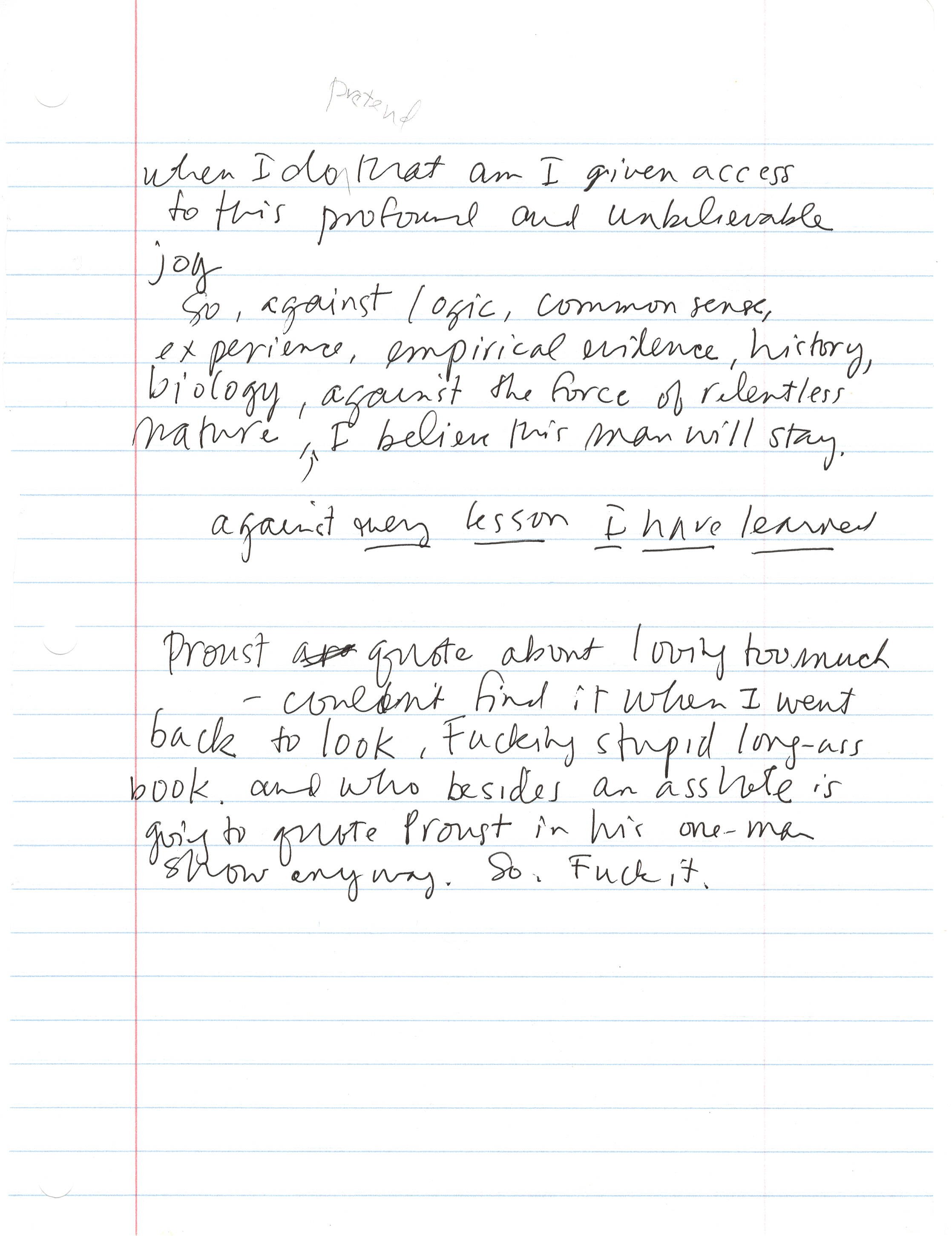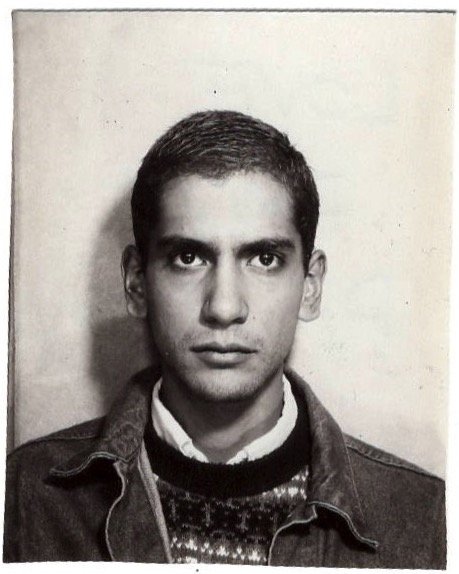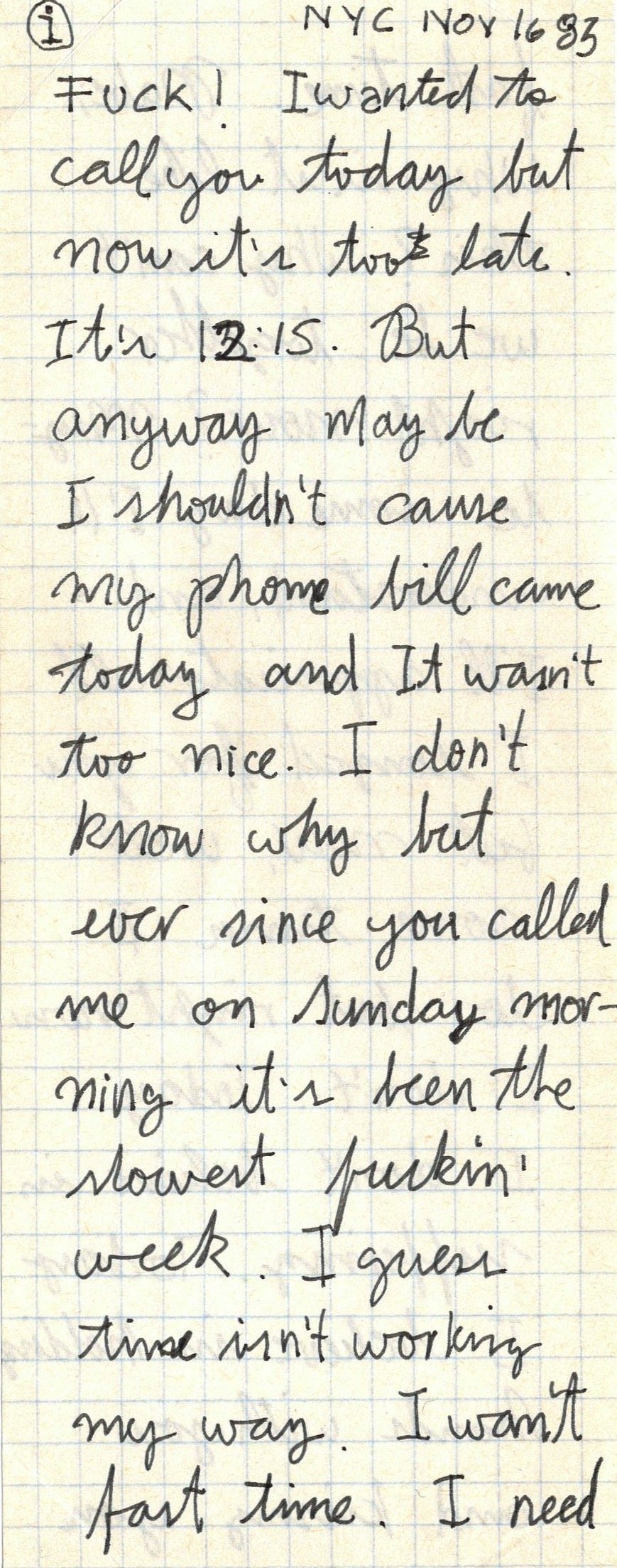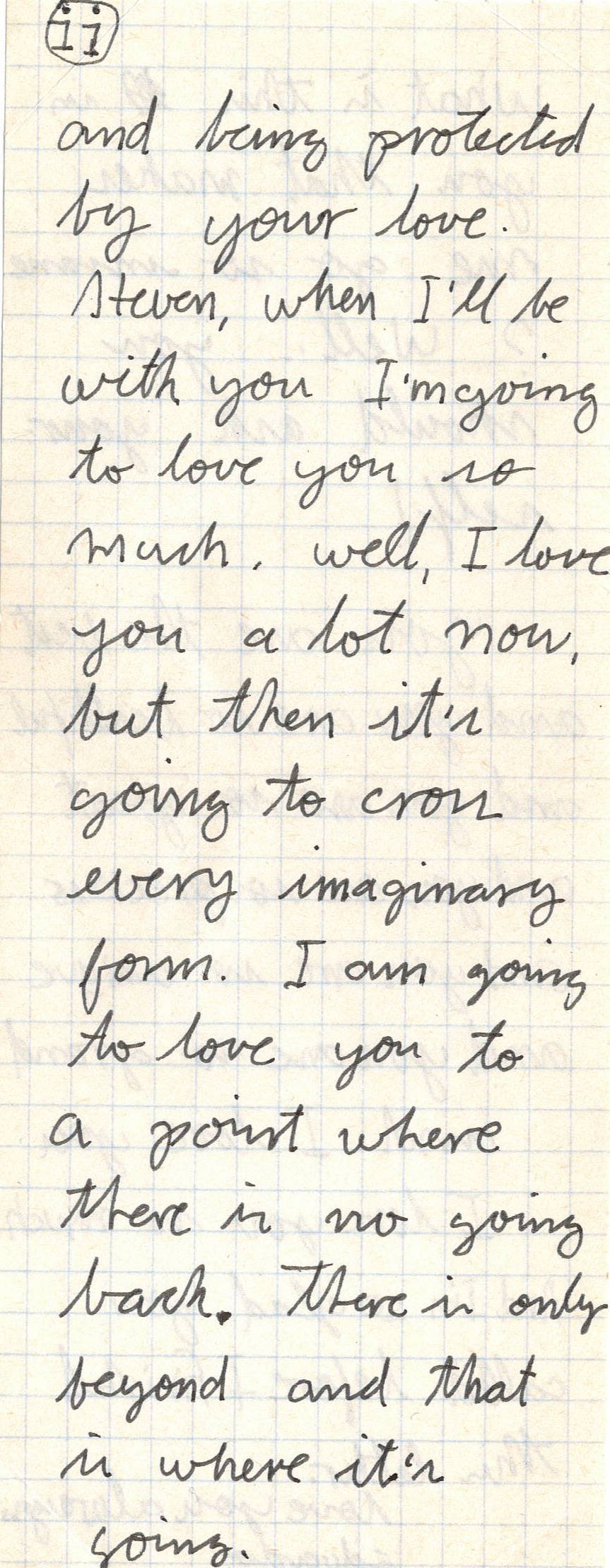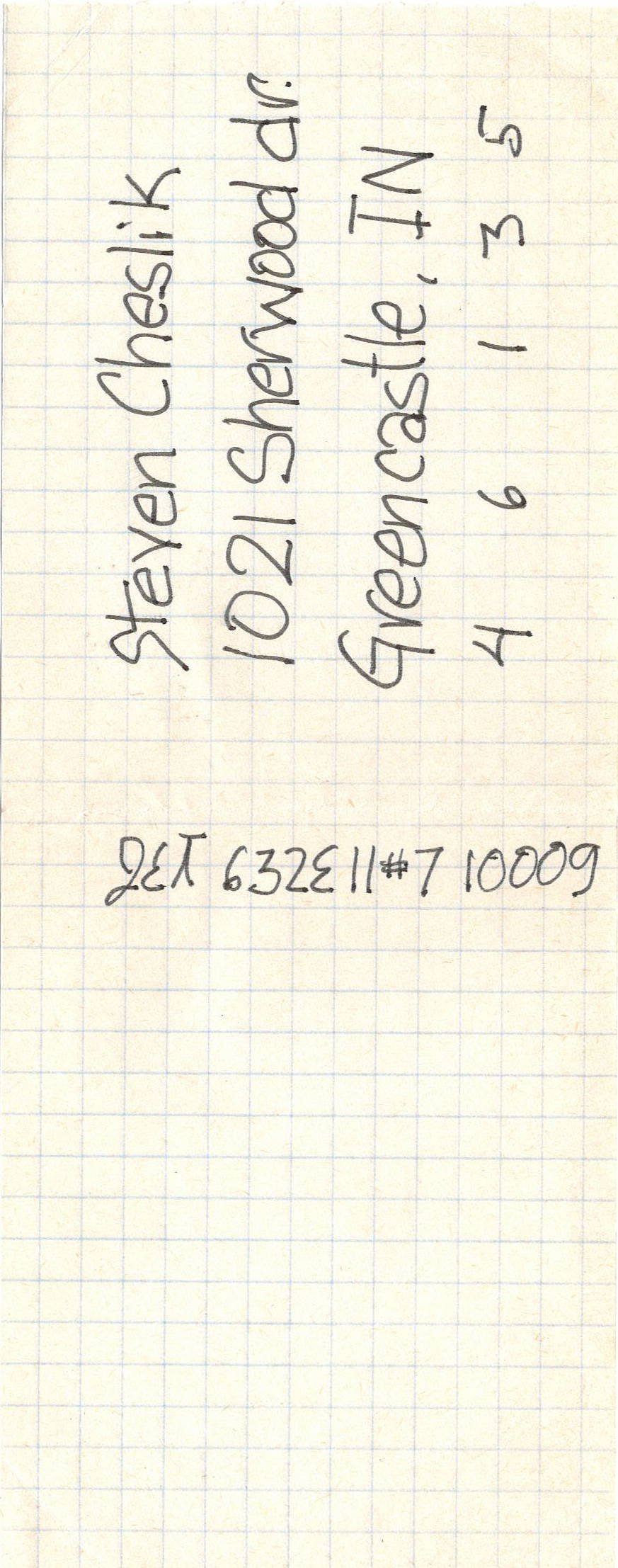I can’t speak to the changed gender of some of the characters in this new revival of Company. This is the first full production of the show I’ve seen. Other than having watched video of Raul Esparza singing Being Alive a few times on Youtube, I don’t have a strong impression of what the show was like with a male Bobby, etc. Though Esparza is thrilling, Katrina Lenk’s Being Alive is gut-wrenching. Rather than just being a song about an idea, in Lenk’s performance something, lots of things, happen in the song. I was shaking I was so moved. I get the sense that, after the success (or not) of the gender switching, the casting of Katrina Lenk is provoking the most disagreement about this production. I am firmly on team Lenk. She is a peerless actor, in this, and always.
Seeing the Broadway revivals of The Music Man and Company within a week or two of each other was, to say the least, instructive. One thing that bears mentioning is that the audience for both shows seemed, I think mostly due to the pandemic, local, and to the extent there were tourists, they were Broadway tourists, people who are invested, who know this work and are experiencing it in the context of a long love of the show and New York and Broadway, and the excitement of being back in a Broadway house with fresh interpretations of these two seminal masterpieces. It’s heady.
Some thoughts:
It’s not hard to make the case that The Music Man is reactionary, or at least that it can be read that way, and that there is a kind of cynicism embedded in it. But Company is, I think unambiguously, reactionary and cynical, and it’s bitter. The Music Man is not bitter. Is this just indicative of how the times, and we, have changed? Have we seen how ugly people truly are and we’re no longer willing to let ourselves off the hook? Do we not believe anymore that love is the answer?
With admittedly a very small data set, these two shows back to back, The Music Man from 1957 and Company from 1970, could not more starkly demonstrate what’s changed about “the American musical,” a change that’s almost impossible not to lay at the feet of Stephen Sondheim. I can’t imagine there are many writers of musical theater today who don’t revere Sondheim and cite him as a major influence. With the exception of the Disney shows (and that’s a whole nother conversation), how small the American musical has become. The Music Man et al. take place against the backdrop of the sweep of history. Company takes place in the mind of a sort of avatar of urban loneliness trying to sort out her neuroses. We don’t learn a thing about the characters in Company except what’s in their heads. Even the New York we see is an exceedingly narrow slice of the city.
How ugly a portrait of New Yorkers and life in New York Sondheim and George Furth paint. It’s bleak and pinched and I think ultimately profoundly sad. Which is not to say the show is not great art. But it’s dark. Musical theater used to be a populist art form, and now the most accomplished artists in the genre since the 1970s (if you can even say that the golden age musicals are in the same genre as Sondheim), make work that appeals to a rarified audience of jaded urbanites, or, in the case of Disney, children. One notable exception would be Hamilton. I think the most obvious reason for the massive popularity of Hamilton is that it is about big things, it’s about us, it’s about America, and Americans recognize themselves and the pressures of their own lives in it. It is, like the best of the big midcentury musicals, critical of America but ultimately optimistic.
I hope I don’t sound like I disliked the show. I didn’t. It was gripping, hilarious, moving, jam-packed with provocative questions. The cast is first-rate across the board, I loved the scenic design. The musical direction is sharp, the sound design crisp and bright. I loved it. It’s a great night at the theater.
Incidentally, I didn’t realize until last night that the song Side by Side is about being the third wheel and that the title of the show alludes to the expression, “Two’s company three’s a crowd.”
One last thought: Who are these lunch ladies and why is there a song about them in this musical? I had only ever heard this song in cabaret or concert performances, and it is a great great song, rightly revered, but why is it in this show? It’s puzzling, like who is she talking about?

